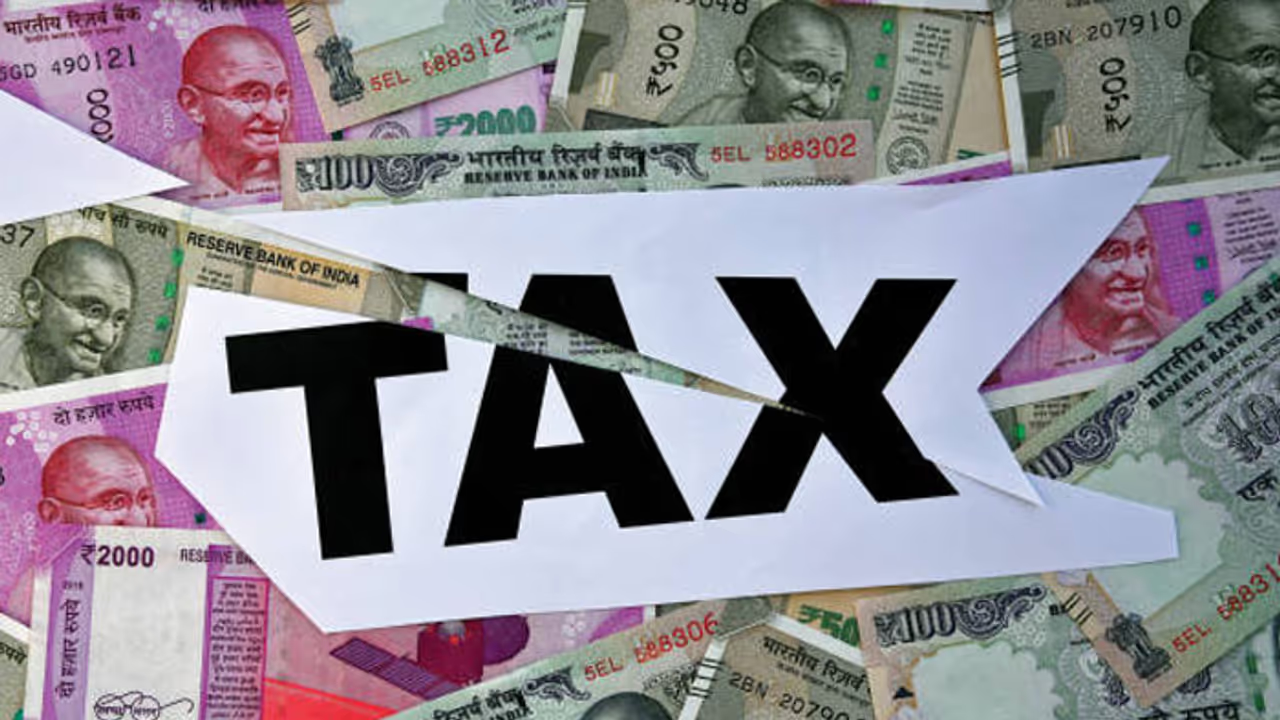In recent developments, it has come to light that the income tax department has initiated the issuance of notices to salaried individuals, urging them to furnish substantiating proof for the deductions claimed in their Income Tax Returns (ITRs) for the fiscal year 2021-22 (Assessment Year 2022-23).
While filing an Income Tax Return (ITR), individuals must exercise utmost caution when asserting their entitlement to tax exemptions and deductions. The scrutiny of these claims by the income tax department holds considerable significance. Not only can the tax authorities request substantiating evidence for these claims during the evaluation of the current year's ITR or even those of preceding years, but they also possess the prerogative to do so.

For those capable of furnishing the requisite evidence, apprehensions are minimal as their claims stand on a solid foundation. Conversely, if individuals find themselves unable to produce the necessary proof, or if the tax department deems the presented evidence insufficient, the deductions and exemptions initially sought could find themselves unsupported.
Real or AI-generated? Elon Musk responds to his doppelganger's hilarious boxing video - WATCH
Under these circumstances, the income tax department retains the authority to impose penalties. Experts in the domain of taxation stress that the act of asserting incorrect deductions inevitably fuels the distortion of income reporting.
Speaking to a news agency, Divakar Vijayasarathy, the visionary behind business consulting entity DVS Advisors, elucidates that activities such as fabricating rent receipts to exaggerate House Rent Allowance (HRA) exemptions or asserting deductions under Chapter VI-A without accompanying documentary substantiation constitute the deliberate misrepresentation or suppression of pertinent information. This, in turn, is classified as misreporting of income in accordance with the provisions delineated in the Income Tax Act of 1961.
In recent developments, it has come to light that the income tax department has initiated the issuance of notices to salaried individuals, urging them to furnish substantiating proof for the deductions claimed in their Income Tax Returns (ITRs) for the fiscal year 2021-22 (Assessment Year 2022-23).
Indian pomegranates go to America, first test batch exported by air
Abhishek Soni, the CEO of Tax2win.in, an online platform specializing in ITR filing, expounds on the matter by revealing, "The income tax department has become vigilant about instances where taxpayers are manipulating deductions and exemptions in order to secure tax refunds during the ITR filing process. It's important to understand that the income tax department possesses the capabilities to uncover these fabricated claims."
In scenarios where documentary evidence is not provided, the income tax department has the authority to impose penalties and penal interest in response to inaccurate income reporting. Vijayasarathy further elucidates, "Under Section 270A of the Income Tax Act, a penalty amounting to 200% of the tax payable on the misreported income is liable to be imposed."
This underscores the necessity for authenticity and veracity in claiming deductions and exemptions, as the tax authorities are actively monitoring for instances of fraudulent declarations. The repercussions of failing to provide requisite evidence could lead to substantial financial penalties and interest levies, highlighting the significance of accurate and transparent income reporting during the ITR filing process.
